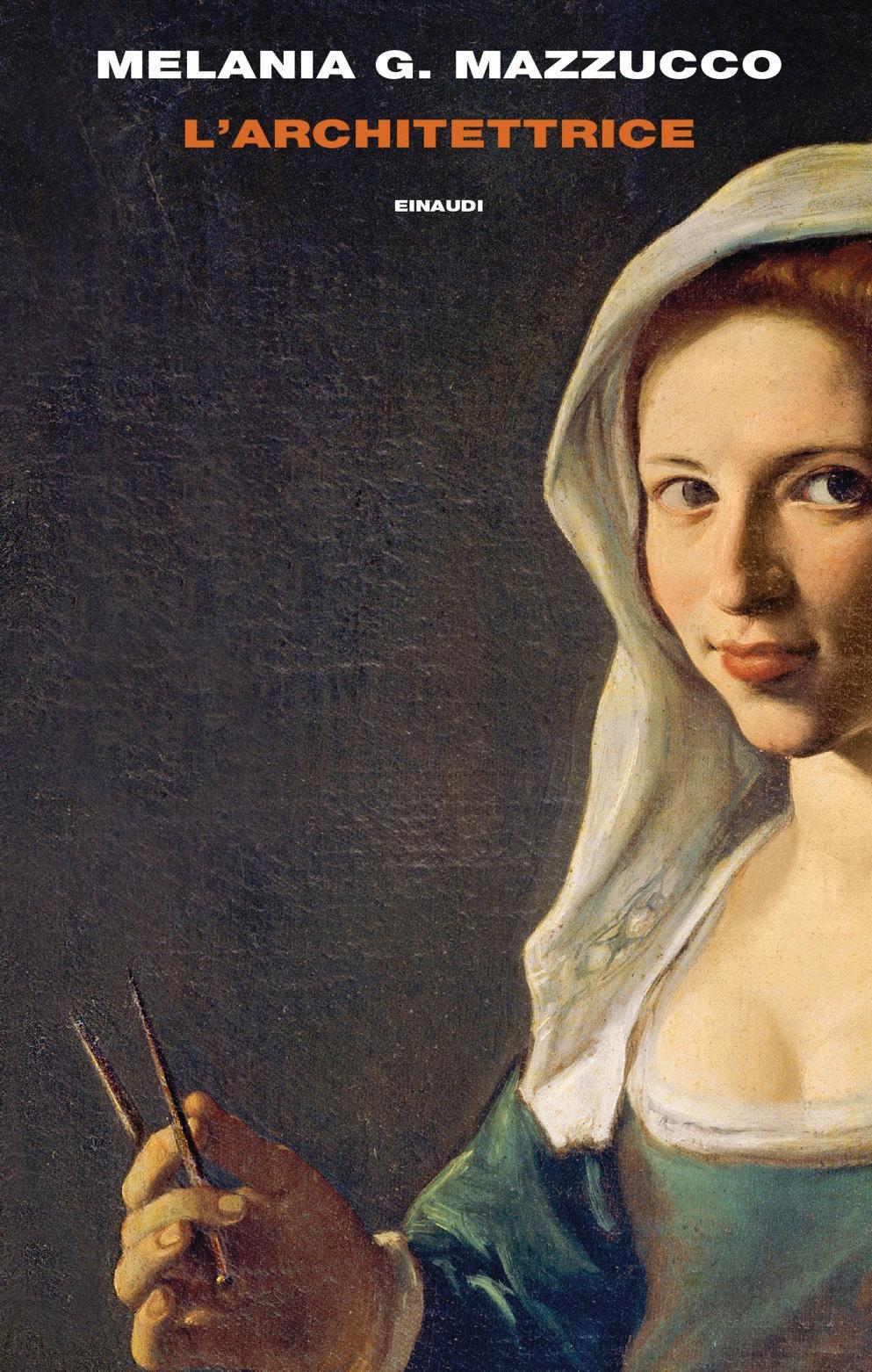
4 minute read
A Day in the Life of a Diplomat
We speak to the Ambassador of Italy to Australia, Her Excellency Ambassador Francesca Tardioli
by Hayley J. Egan
Advertisement
When we speak of the relationship between Italy and Australia there is much going on behind the scenes, and much of this responsibility rests in the hands of Her Excellency Ambassador Francesca Tardioli, Ambassador of Italy to Australia since September 2019. Proud mother of two sons, she’s a keen swimmer and diver, a lover of literature and visual arts, and when asked to name the women who have inspired her, she gives a satisfyingly eclectic list including Amina J. Mohammed, Rita Levi Montalcini, Grazia Deledda and Maria Montessori. She also mentions the molecular physicist, Fabiola Gianotti, first woman to become Director-General at CERN in Switzerland, and three researchers who isolated COVID-19 in early February 2020, Doctors Maria Rosaria Capobianchi, Francesca Colavita and Concetta Castilletti. With pride, she speaks of The Mediterranean Women Mediators Network, with which she has been involved since its inception in 2017. An initiative that involves a gendered perspective of mediation and peacebuilding between nations, the network allows women to share ideas and work together. «Diplomacy is certainly teamwork» she reminds me. It’s important to her that I recognise that the relationships between nations are maintained by a group of hardworking diplomats. When I ask about their daily workload, I begin to worry that this team might not be getting enough sleep. «A day in the life of a diplomat is characterised by an early start,» the Ambassador says with a laugh, «and this is largely because of the different time zones. The first thing to do after waking is to check the Italian news and find out what happened overnight. Then there is finding out what happened in Australia. There are meetings between state leaders to discuss common interests. Promotional and cultural activities. Communication with the five consulate offices in Australia, two Italian Institutes of Culture and all the other actors of the institutional Italian network, such as the Italian Trade Agency, the Italian National Tourist Board and the Italian Chambers of Commerce. And then there are the things that just come up suddenly, that need to be addressed.» I think about what came up “suddenly” just a few months into Ambassador Tardioli’s most recent posting. «We have all had to adapt our work methods,» she says. «Diplomacy in the past
14

has depended on travel. Now with this pandemic, travel is difficult, but we can’t just stop everything. We have used technology as a way to overcome these obstacles». The Embassy’s cultural program has responded in the same way. Things have adapted, but they have gone ahead nonetheless. According to the Ambassador, this attitude gives us the opportunity to streamline working methods. «Technology has helped us adapt, but it is not our human way of socialising, of meeting in person and exchanging ideas. Some of our adaptations will continue after the pandemic as they are more efficient and work better this way. You might ask yourself, is it the same thing to see a theatre show in streaming as it is to see it in real life? You may decide that it’s not the same thing. It’s a good adaptation in these times, but its something that we miss and would like to return to the way it was.» These cultural events, along with science and eno-gastronomy are a large part of the Vivere all’italiana program, the objective of which is «to bring Italy and Italian lifestyle to our Australian friends.» The program is built on the fact that Italy is recognised for innovation, lifestyle, artistic and cultural offerings, and that the Italian way of living is inimitable and unique. How does Vivere all’Italiana apply to a senior career diplomat whose entire professional life unfolds overseas? «It’s quite easy here in Australia to live an Italian lifestyle for historical reasons» she says, noting that the impact of the Italian “stamp” extends to Canberra’s Parliament House, designed by Italian architect Romaldo Giurgola in 1988. «There are also many Italian gastronomical offerings here in Australia and thanks to the fresh homegrown produce it is possible to fully take advantage of the benefits of the Mediterranean diet, although living far from Europe.» Ambassador Tardioli has lived and worked in many countries during her career in diplomacy, including Albania, Germany, Saudi Arabia and Libya. I’m sure that she must have a favourite, so I ask her, and her response is, well… diplomatic. «It’s so hard for me to choose,» she says. «I have had important professional and personal experiences in each of these places, and they are all so different from one another. I’ve met wonderful people in each of these countries. In each country I learnt something that helped me grow as a person and as a diplomat. I remember each of them with nostalgia».











